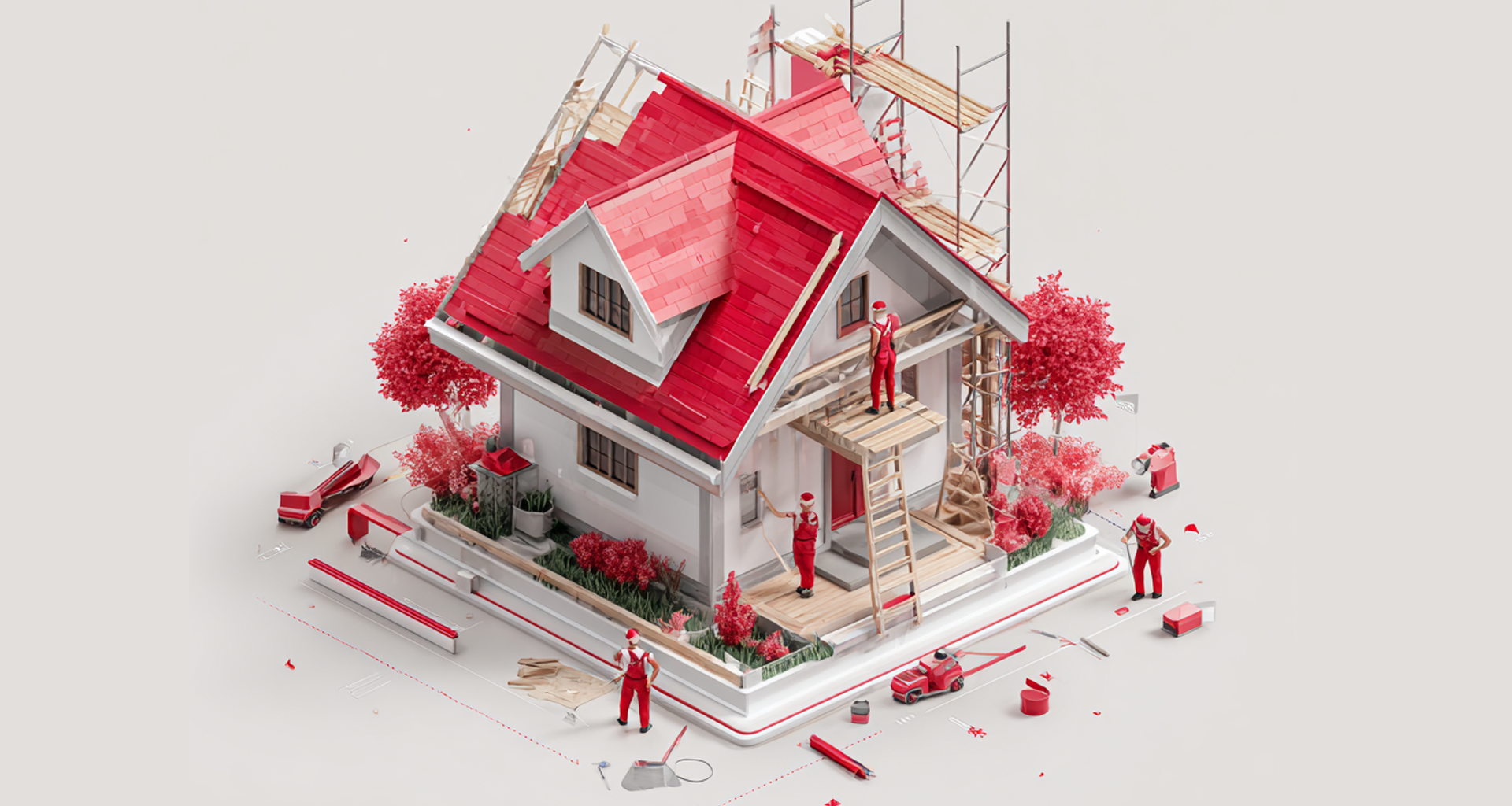
If you are not redirected within 30 seconds, please click here to continue.
Samedi: 10h – 16h HAE

If you are not redirected within 30 seconds, please click here to continue.
If you are not redirected within 30 seconds, please click here to continue.
With remote work affecting home-buying plans, some homeowners are using their backyards as office spaces.
From turning sheds into offices to building completely new structures, the backyard office is becoming a perk for those who have the space.
But what does a backyard office mean for your home insurance coverage?
Talk to your home insurance company
The first thing you need to do before converting your shed into a home office, or building a new one, is talk to your home insurance company.
“If you are increasing either the value, or the risk associated with your property, then there will likely be an increase in premium,” Matthew Johnson, customer care manager at Sonnet, tells RATESDOTCA via email.
Johnson recommends asking your insurance provider the following question: is the work or business I’m doing in my backyard office covered under the insurance provider’s business use requirements?
You don’t want to have the backyard office insured just to find out that the work you’re planning to do in there is not covered by your insurance policy. For instance, operating a hair salon out of your backyard office requires a very different insurance policy than running a marketing firm out of there.
See if your home insurance provider offers outbuilding coverage
While a backyard office means that you get to be in nature (well, your lawn) while you work, it can also mean increased risk. Johnson points out that most home offices require electrical wiring, which carries the risk of fire. Water damage could also be possible if you are thinking of adding a toilet or a sink in the backyard office, he adds.
So, you need to look into your insurance provider’s outbuilding coverage, a.k.a. coverage for structures on your property that aren’t your home, such as a backyard office or a shed. Insurance companies often have set limits to outbuilding coverage or will simply not allow offices to be outbuildings because of the increased risk for damage, Johnson says.
But if your insurance provider does allow additional uses for outbuildings, it will be approved on a case-by-case basis. Increased limits, enhanced coverage and/or amended policies are possible if adding a backyard office to your home insurance, Johnson says.
Contents are covered
Outbuilding insurance is the hardest part of a backyard office (minus actually building it). Once you have that secured, the rest is a bit easier.
For instance, Johnson says that your contents are covered under your home insurance policy, no matter where they are on your property.
However, he adds, any business equipment that is not your property and normally kept at your workplace (e.g., a work computer or a camera your company owns) is not insured under your personal contents insurance.
What about other outdoor structures?
If you want to build a different kind of structure on your property, like a garden or laneway suite (as so many people in Toronto are doing now), what are your insurance needs? Are they the same as a backyard office?
Johnson goes back to his original point: talk it out with your insurance provider. Once it knows about your laneway or garden suite and its contents, setting it up for work shouldn’t be an issue. You don’t need to give additional notice to your insurance provider about working there because there is no change to the risk or value of the structure. If you add anything to the suite (e.g., a toilet or extra wiring), then you do need to notify your insurance provider.
Backyard offices are great, but a little complicated when it comes to insurance. As many employees continue to work remotely, insurance companies are adapting and can help you protect your ideal work-from-home setup.
Don't waste time calling around for home insurance
Use RATESDOTCA to shop around and compare multiple quotes at the same time.
Finding the best home insurance coverage has never been so easy!
Get money-saving tips in your inbox.
Stay on top of personal finance tips from our money experts!











